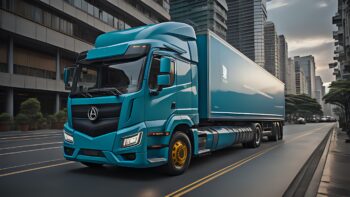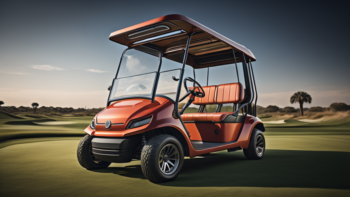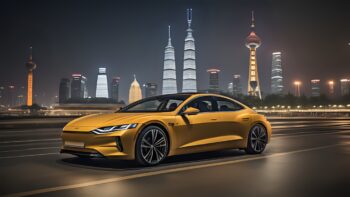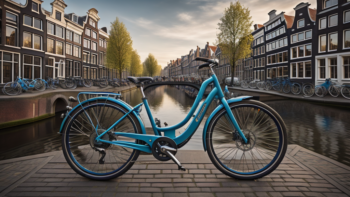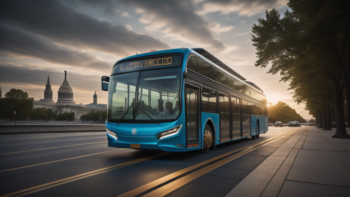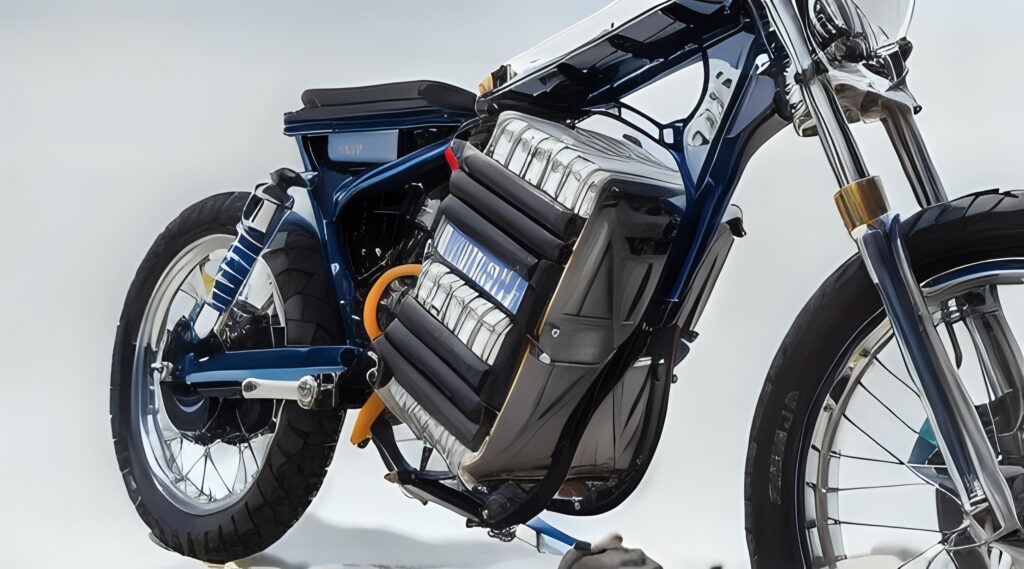
Electric Motorcycle Battery
Listing Category by product
Electric motorcycle battery manufacturers
Global electric motorcycle battery manufacturers playing a crucial role, developing cutting-edge batteries for enhanced performance and range. With a focus on lightweight design and fast charging capabilities, these companies are reshaping urban mobility with eco friendly alternatives, catering to the growing demand for electric motorcycles worldwide.
Exploring electric motorcycle batteries
The electric motorcycle battery is the lifeblood of electric motorcycles, providing the energy needed to power these eco friendly 2-wheelers. Here’s what you need to know about electric motorcycle batteries:
- Lithium-ion dominance: The majority of electric motorcycles utilize lithium-ion batteries due to their high energy density, lightweight nature, and long lifespan. These batteries offer a perfect balance between power output and weight, making them ideal for powering motorcycles.
- Voltage and capacity: The electric motorcycle battery comes in various voltage ratings and capacities, depending on the specific requirements of the motorcycle model. Common voltages include 48V, 72V, and 96V, while capacities typically range from 2 kWh to 20 kWh or more for high-performance models.
- Range and performance: The range of an electric motorcycle largely depends on the capacity of its battery. Higher-capacity batteries can provide longer ranges, allowing riders to travel greater distances on a single charge. Additionally, the performance of an electric motorcycle, including its acceleration and top speed, is influenced by the power output of the battery.
- Charging infrastructure: Electric motorcycle batteries can be recharged using standard AC outlets or dedicated charging stations. Charging times vary depending on the battery capacity and charger specifications, with fast chargers capable of replenishing the battery to 80% or more in as little as 30 minutes.
- Maintenance requirements: Compared to internal combustion engine motorcycles, electric motorcycles have lower maintenance requirements, including their batteries. However, periodic maintenance, such as balancing and conditioning, may be necessary to ensure optimal performance and longevity.
- Environmental impact: Electric motorcycle batteries contribute to reducing greenhouse gas emissions and air pollution compared to traditional gasoline-powered motorcycles. By eliminating tailpipe emissions, electric motorcycles help improve air quality and mitigate the environmental impact of transportation.
- Cost considerations: The cost of electric motorcycle batteries varies depending on factors such as battery chemistry, capacity, and brand. While lithium-ion batteries are more expensive upfront, they offer lower operating costs and longer lifespans compared to lead-acid batteries.
- Innovation and future trends: Ongoing research and development in battery technology aim to improve energy density, charging speed, and overall performance of electric motorcycle batteries. Innovations such as solid-state batteries and advanced battery management systems hold promise for enhancing the efficiency and range of electric motorcycles in the future.
Electric motorcycle batteries are essential components that power the growing market of electric motorcycles worldwide. With their high energy density, range capabilities, and environmental benefits, electric motorcycle batteries are driving the shift towards sustainable and zero-emission transportation alternatives.

